Optimal Timing for Roofing Projects
Selecting the appropriate time to undertake roofing projects is essential for ensuring quality installation and durability. Weather conditions, temperature, and seasonal patterns significantly influence roofing work, impacting both safety and material performance.
Spring offers moderate temperatures and longer daylight hours, making it suitable for roofing installations. However, unpredictable rain can cause delays.
Summer provides warm weather and dry conditions, ideal for roofing work. High temperatures may require precautions to prevent material issues.
Fall features cooler temperatures and stable weather, suitable for roofing projects. Early frost can pose challenges in late autumn.
Winter is generally less favorable due to cold temperatures, snow, and ice, which can hinder installation and compromise materials.
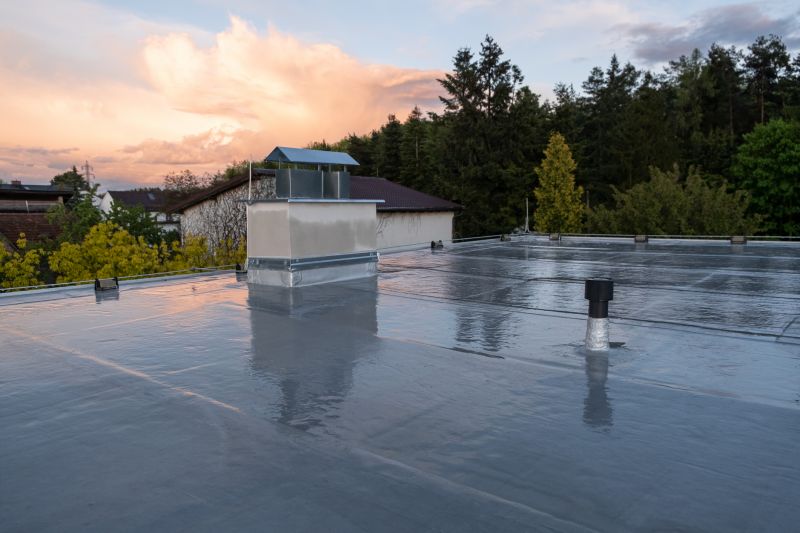
Ways to make Roofings work in tight or awkward layouts.
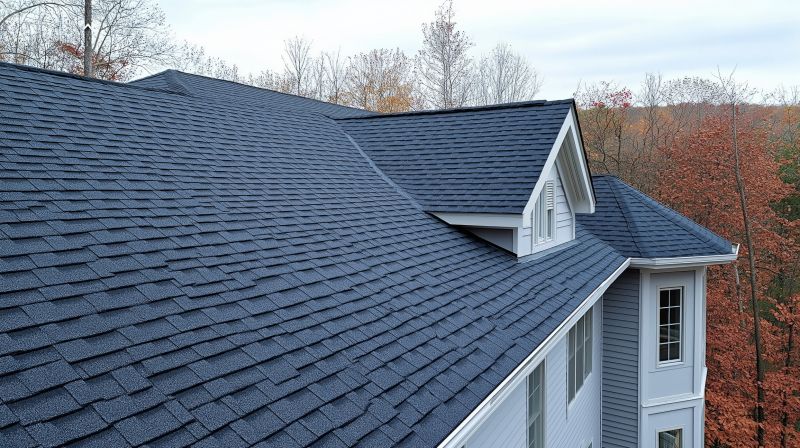
Popular materials for Roofings and why they hold up over time.

Simple add-ons that improve Roofings without blowing the budget.
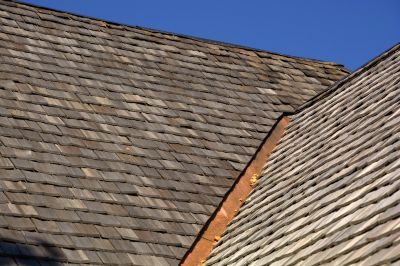
High-end options that actually feel worth it for Roofings.
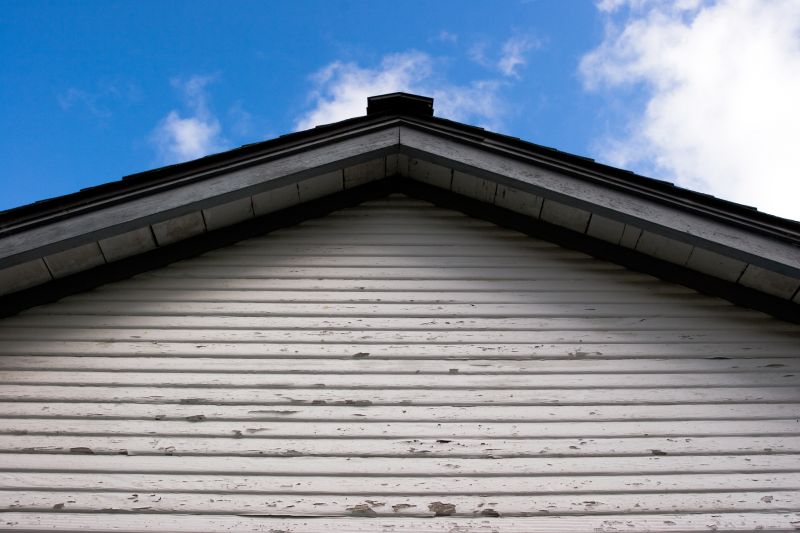
Finishes and colors that play nicely with Roofings.

Little measurements that prevent headaches on Roofings day.
Roofings are a critical component of building protection, providing shelter and structural integrity. Proper installation and maintenance extend the lifespan of roofing systems, which can range from 15 to 50 years depending on materials used. Common roofing materials include asphalt shingles, metal roofing, tiles, and membrane systems. Each material offers distinct advantages in terms of durability, cost, and aesthetics.
Statistics indicate that roofing projects tend to be most successful during seasons with stable weather conditions. Proper timing reduces the risk of leaks, material damage, and installation errors. Planning around seasonal patterns ensures that roofing systems perform effectively over time, minimizing costly repairs and replacements.
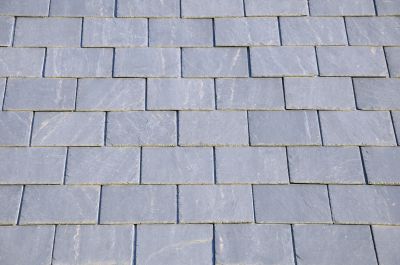
Various materials are suited for different climates and architectural styles. Material choice impacts longevity and maintenance needs.
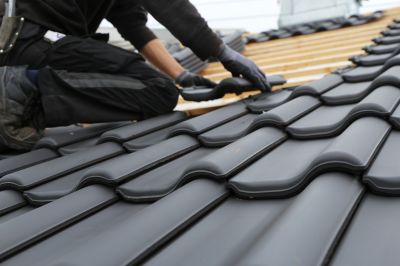
Proper installation techniques are essential for ensuring the durability of roofing systems and preventing future issues.

Weather conditions significantly influence roofing performance, with extreme conditions accelerating wear.

Investing in quality materials and proper timing extends the lifespan of roofing systems.
| Season | Ideal for Roofing Projects |
|---|---|
| Spring | Moderate temperatures, longer days, some rain |
| Summer | Warm, dry, longer daylight hours |
| Fall | Cooler temperatures, stable weather |
| Winter | Cold, snow, and ice generally unsuitable |
| Late Autumn | Frost risk increases, less ideal |
Understanding the optimal timing for roofing ensures that projects are completed efficiently and effectively. Proper planning around seasonal weather patterns can lead to better outcomes, longer-lasting roofs, and fewer disruptions.
Those interested in roofing services are encouraged to contact for further information or to discuss specific project needs. Filling out the contact form provides an opportunity to receive tailored advice and scheduling options.
